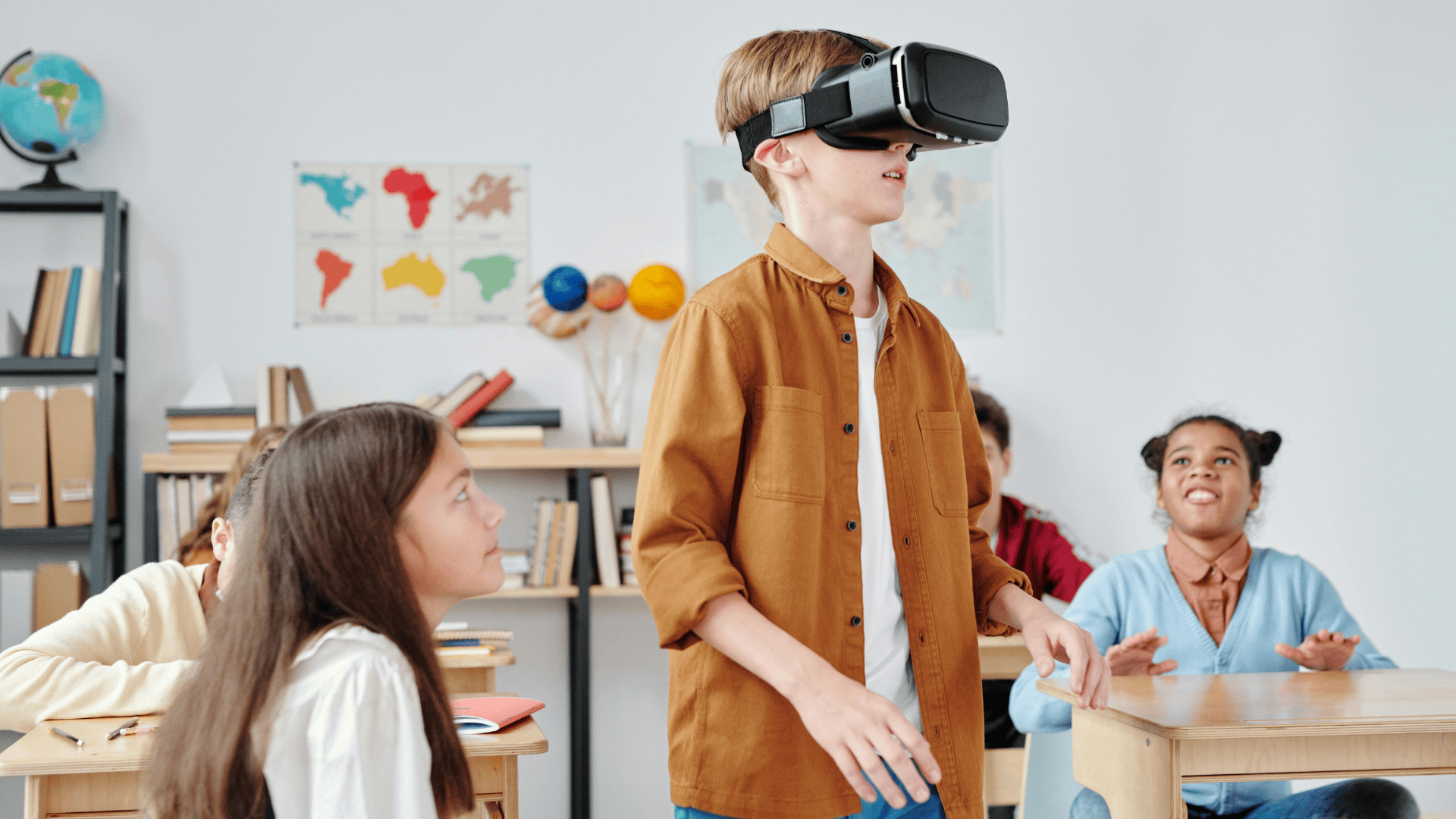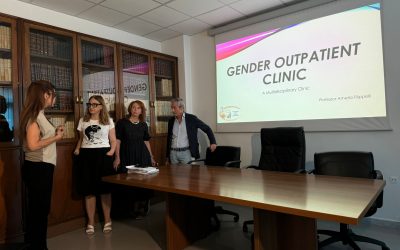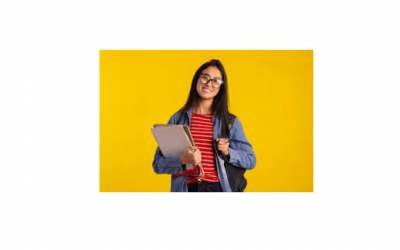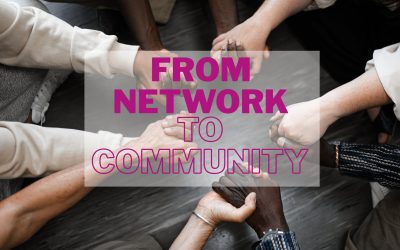In the past few years, terms such as virtual reality, augmented reality and metaverse have moved beyond science fiction and into our lives. Previously associated with video games or entertainment, today they are opening up new scenarios for education.
Imagine attending a history lesson not just by reading a textbook, but by walking through the streets of an ancient city reconstructed in 3D. Or observing the human body through digital images superimposed on the real world, making complex concepts easier to understand. Virtual reality and augmented reality transform traditional lessons into engaging, interactive experiences that stimulate curiosity and motivation.
The metaverse, a large shared digital environment, takes this logic even further: students from different countries can meet in the same virtual space, take joint courses, work on projects or participate in workshops, without being limited by geographical distance or language barriers. It is a global classroom that embodies the European principle that technology should unite, not divide. These new digital tools represent a great opportunity to make education more inclusive: they break down geographical boundaries, as well as economic, social and cultural barriers, offering everyone the opportunity to access quality learning experiences. This is not just about technological innovation, but a concrete step towards a school system that embraces diversity and guarantees equal opportunities for everyone, regardless of where they live or their starting conditions.
Not only does it make teaching more effective and inclusive, but education in the metaverse can also have a positive impact on sustainability: if part of the training takes place online in immersive environments, there’s less need to travel, which helps reduce emissions and promotes a more environmentally friendly lifestyle.
In this sense, virtual reality, augmented reality and the metaverse will not replace teachers or books, but will become valuable tools to enrich the way we learn. The classroom of the future will have no walls: it will be a shared environment, open to all and capable of uniting people and cultures through knowledge.



